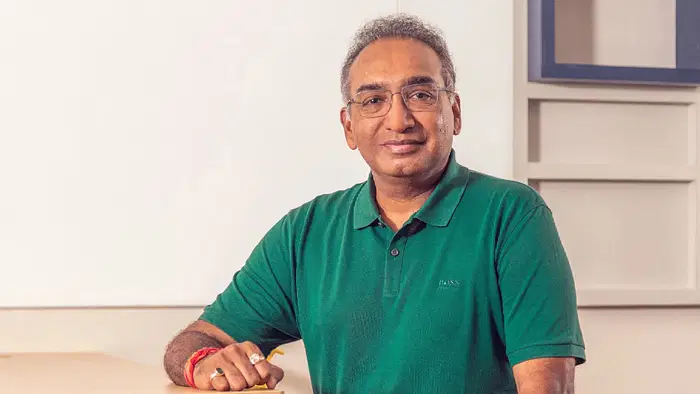Kunal Kapoor’s initial venture into entrepreneurship failed. Then again, he was only sixteen.
He and a friend decided while still in school that they could ship mangoes to Hong Kong, the simple reason being that his friend’s brother lived there, and thus make their first fortune. Neither it nor the plan to send almonds (to Hong Kong, where else?) succeeded.
The business quickly shut down. The actor also had a strong interest in raising money for several Mumbai schools and non-profit organizations, particularly Save the Children, which she pursued when she was younger.
The business quickly shut down. The actor also had a strong interest in raising money for several Mumbai schools and non-profit organizations, particularly Save the Children, which she pursued when she was younger.
When he, Varun Sheth, and Zaheer Adenwala co-founded Ketto ten years ago, these two passions united.
During a recent afaqs! event in Mumbai called “Startup Brands,” which covered marketing concerns for rapidly expanding businesses, I had an interview with the actor-entrepreneur.
Working with some of the smaller NGOs, Kunal saw that the cost of fund-raising was “very, very high, sometimes as high as 60% of the amount raised.” This observation gave rise to the idea of a crowdsourcing platform. It was also hard to connect with the proper individuals back then, before cell phones. Furthermore, even in the unusual event if the donors were able to provide the monies right away when the NGOs required them.
The concept behind Ketto was to use technology to create a connection between those in need of assistance and those who can provide it. We knew that would be extremely strong if we could build that,” he continues. (Key, by the way, is what Ketto stands for.)
On the consumer side, “Our belief when we started Ketto was that people are generally good and want to help other people.”
Didn’t your friends ask, ‘What the hell do you think you are doing?” I wanted to know.
“That is exactly the question they asked,” laughs Kunal. Investors and friends told him that he was a well-known name. Why didn’t he leverage his fame in some other way? Crowd-funding was itself a new, untested concept, with Kickstarter – now the world’s largest fund-raising platform – having been launched just three years earlier, in 2009. So, there were doubts all around.
When Kunal realized that the expense of soliciting donations for smaller NGOs might often reach 60% of the amount obtained, he was inspired to start Ketto.
In India, donor mistrust has long been widespread. The most frequent response a fund-raiser receives, having personally worked with a few tiny NGOs, is, “How do I know that my donation will be used for the cause for which it is meant?”
How did Ketto get beyond this barrier of mistrust in India?
It took a fresh approach. Instead of focusing on the demand side, the team targeted the supply side, or the donors. They originally targeted NGOs, trying to convince them that internet fundraising was a more effective way to raise money. The majority of NGOs in India in 2012 were physically soliciting donations door to door. Gaining the support of the NGOs was essential because Ketto could enlist those who were accustomed to making regular donations through them.
Ketto’s growth in the beginning was wholly organic. Celebrities were drawn to some ads, which accelerated the platform’s expansion. My acquaintance in venture capital once compared starting a new business to body building. You must show up and work on it each and every day. However, if you have a well-known founder or well-known individuals connected to you, it’s like body building on steroids!” he beams.
One particularly noteworthy campaign was to gather funds for athletes wishing to prepare for the 2014 Asian and Commonwealth Games. I gave the voice over and shot it, so I can clearly recall it. We had a great financial boost for them.
Actors and athletes among other well-known figures have been linked to efforts such as this one. When that occurred, their own internet distribution system activated, which assisted in increasing Ketto’s visibility.
“NGOs were the best way to lay the groundwork for Ketto at the time, so that’s how it started,” Kunal explains. In addition to regular people who have the ability to launch their own campaigns, Ketto has partnered with hospitals to match the team with patients in need of extremely costly, potentially life-saving procedures that can run into the thousands of rupees.





 No products in the cart.
No products in the cart.